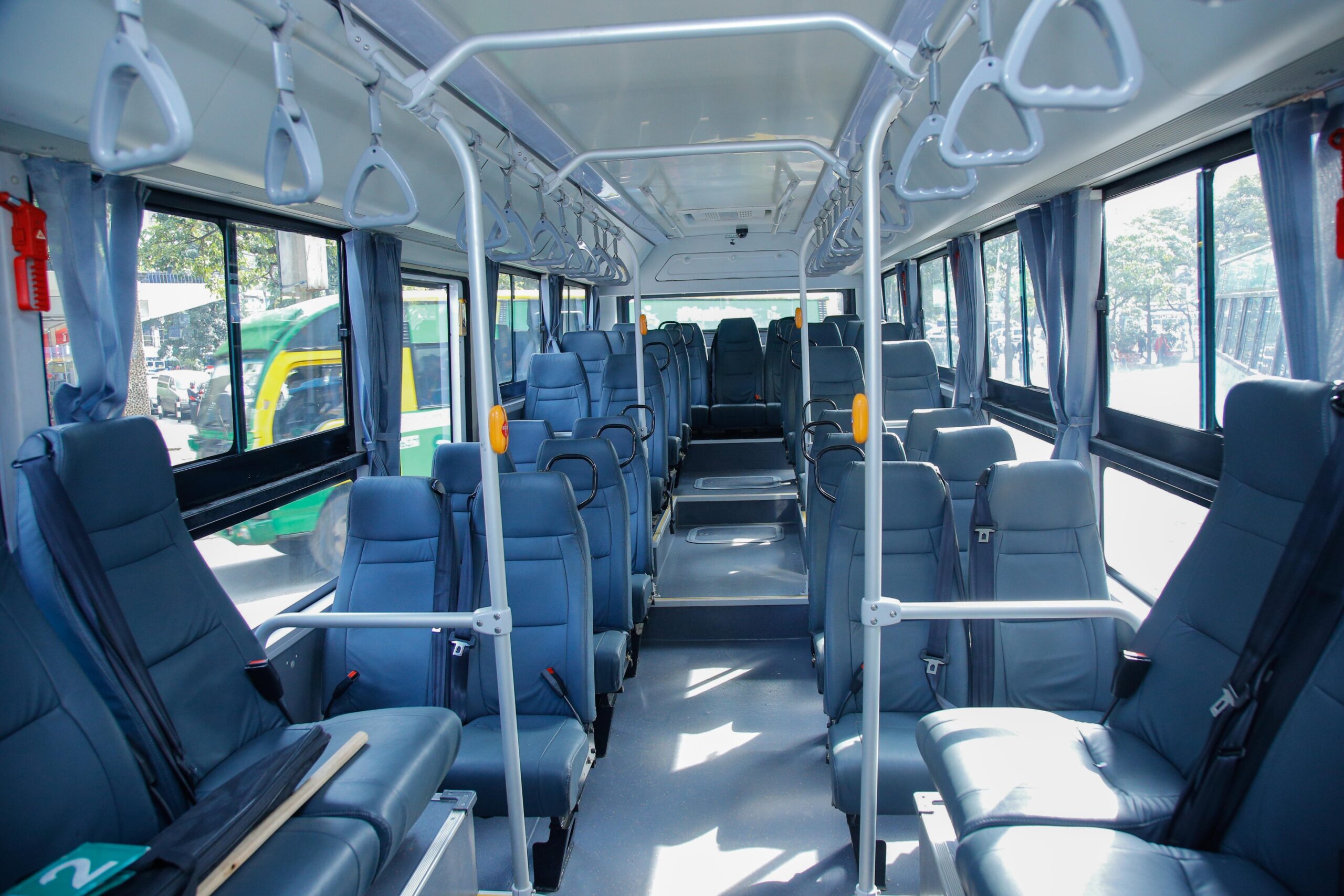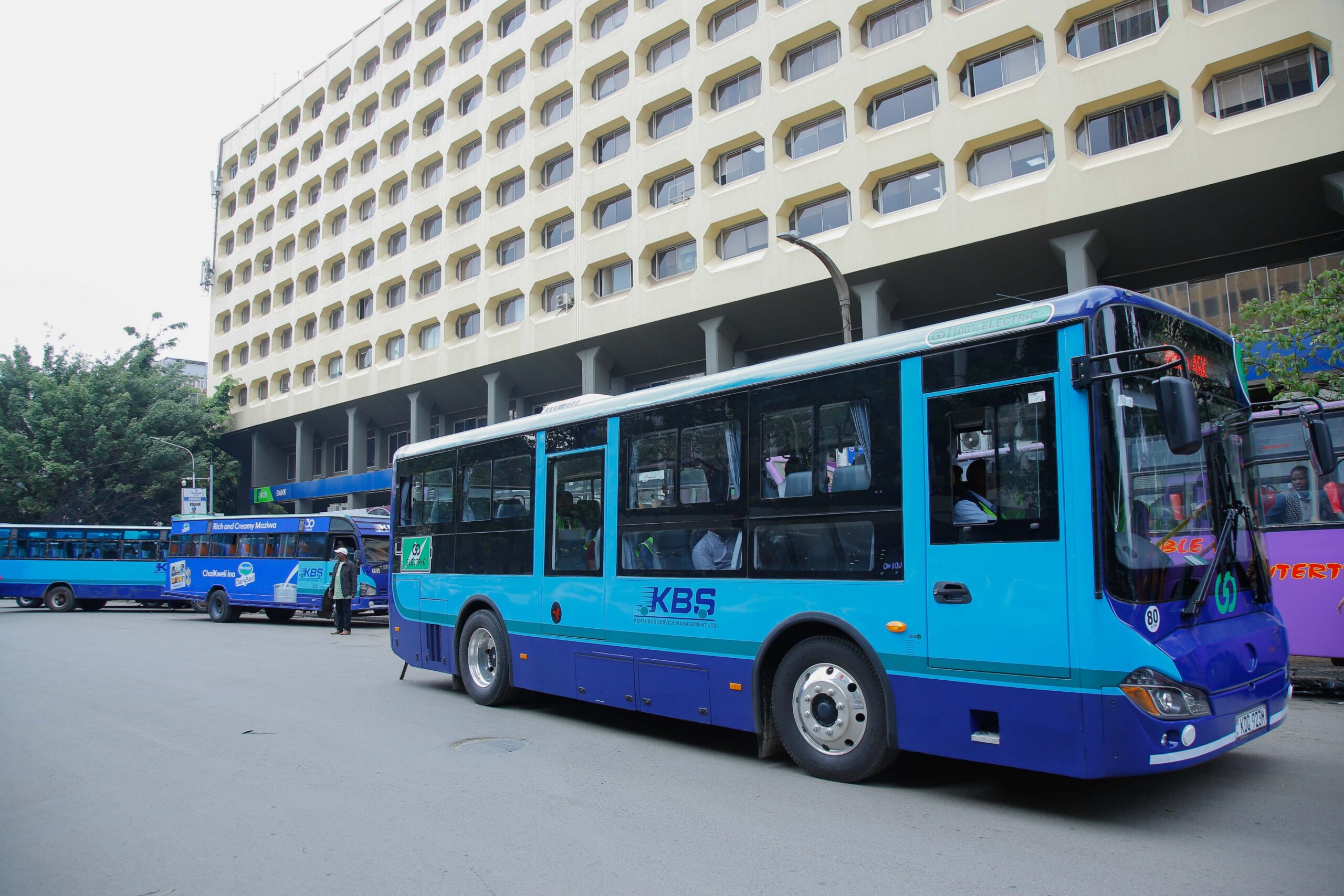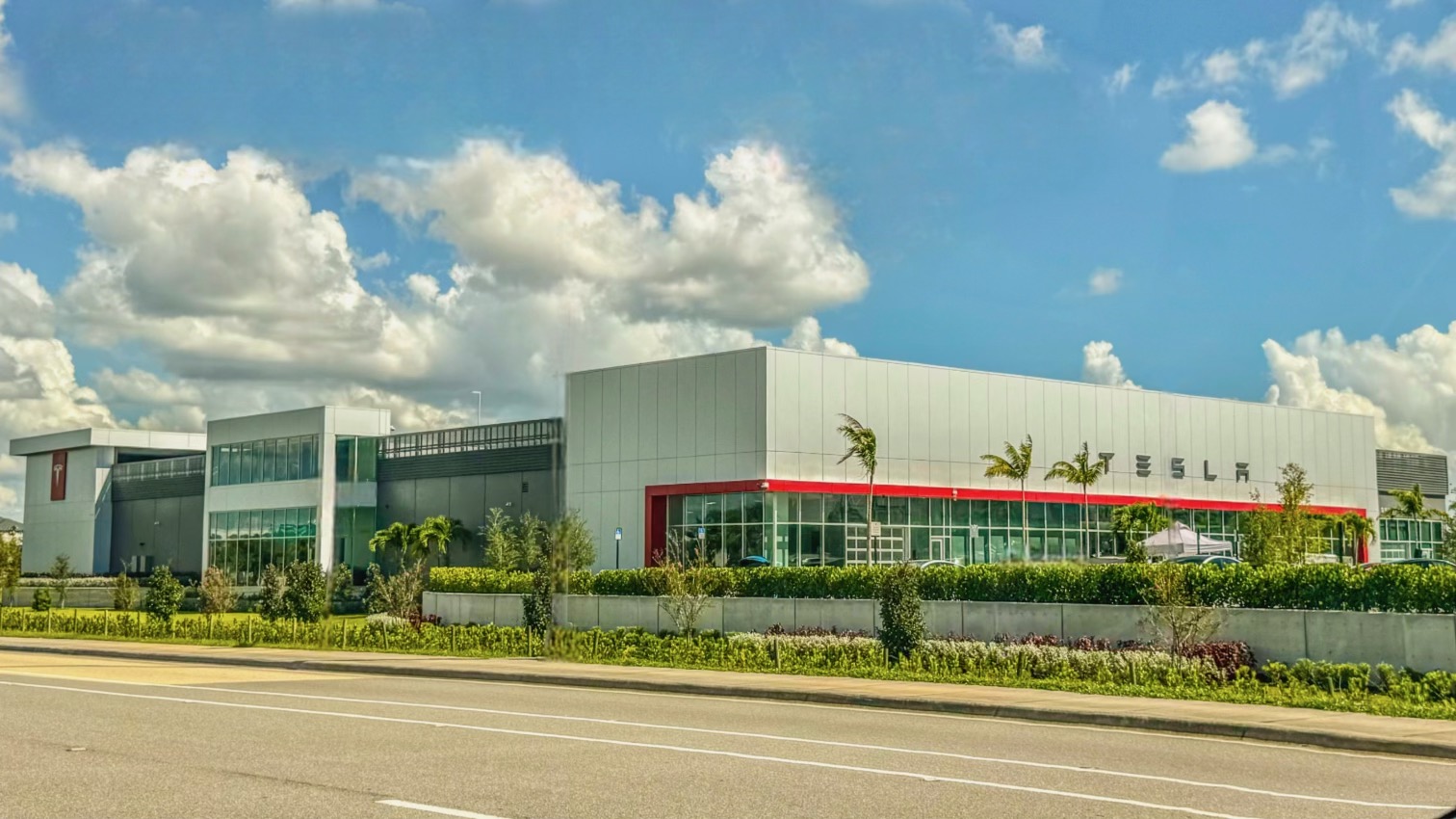Sign up for daily news updates from CleanTechnica on email. Or follow us on Google News!
We cover quite a lot of developments in the EV space across Africa. One of my favorite things about this is following up on the progress of some of the companies that are active in the nascent electric mobility industry across the continent’s various regions. One segment that is set to make an enormous difference and transform the public transport sector in many countries is the electric bus sector, and one of the leaders in this space is BasiGo.
BasiGo is an electric vehicle technology and financing company working to bring electric bus services to sub-Saharan Africa. Headquartered in Nairobi, Kenya, the company offers state-of-the-art electric buses along with charging and maintenance services for city bus operators. BasiGo also makes electric buses affordable to operators through an innovative financing model through a unique battery financing arrangement known as “Pay-as-you-Drive.” BasiGo began pilot testing electric buses in Nairobi in early 2022. BasiGo kickstarted its operations with two electric buses in 2022. Since then, BasiGo has successfully deployed 28 electric buses in Kenya in collaboration with several bus operators.

BasiGo recently announced that this bus fleet has driven over 2 million kilometers! In the process, 937.2 tonnes of CO2 emissions have been avoided, and 409,842 liters of diesel were also avoided. This is a critical data point, as a lot of countries on the African continent import fossil fuels from overseas using scarce foreign currency, and therefore, substituting all those diesel imports will help cut down this massive import bill. In that same period, BasiGo’s bus fleet, in collaboration with its partners in the public transport sector, has carried 3,009,158 passengers. The success of this electric bus fleet illustrates the incredible potential and opportunity for electric buses to contribute to efforts to tackle the perennial transport challenges faced by commuters across the continent. As more of these buses hit the road, these numbers will start to make an enormous impact.

The majority of people in most countries across the continent lack access to sufficient and efficient transport services. A lot of counties on the continent have extremely low levels of motorization. Only a handful of countries have motorization rates above 100 vehicles per 1 000 people. The majority of countries have rates below 50 passenger vehicles per 1000 people. To put this into perspective, South Korea and Germany have rates above 500 passenger vehicles pet 1000 people. The USA has an even higher rate that’s closer to 800 vehicles per 1000 people, according to a study by Siemens Stiftung.
The public transport sector is also not operating at sufficient levels in most African countries. This could be a low-hanging fruit to quickly address the myriad of challenges faced by commuters across the continent. BasiGo says every day, over 1 million internal combustion engine buses travel Africa’s roads, providing the most affordable and accessible mode of transport. But this diesel-powered fleet emits 1 gigatonne of CO2 each year. Their emissions choke Africa’s cities with air pollution and their operation depends on fuel imported from overseas. These buses face ever increasing operational costs associated with frequent service and maintenance costs for the aging fleet. With Africa being home to the world’s fastest growing population and economy, a more sustainable mobility revolution, powered by the continent’s abundant renewable energy, could be crucial.
BasiGo plans to have over 100 buses on the road by the end of this year and over 1,000 electric buses by the end of 2026. BasiGo also started running a pilot fleet of buses in Rwanda. These encouraging results from BasiGo’s operations in Kenya provide some particularly good insights into the potential for electric buses to play a crucial role in the public transport sector. I hope this leads to more interest in introducing electric buses from more players around the various parts of the African continent.
Images courtesy of BasiGo
Have a tip for CleanTechnica? Want to advertise? Want to suggest a guest for our CleanTech Talk podcast? Contact us here.
Latest CleanTechnica.TV Videos
CleanTechnica uses affiliate links. See our policy here.
CleanTechnica’s Comment Policy




.jpg)
